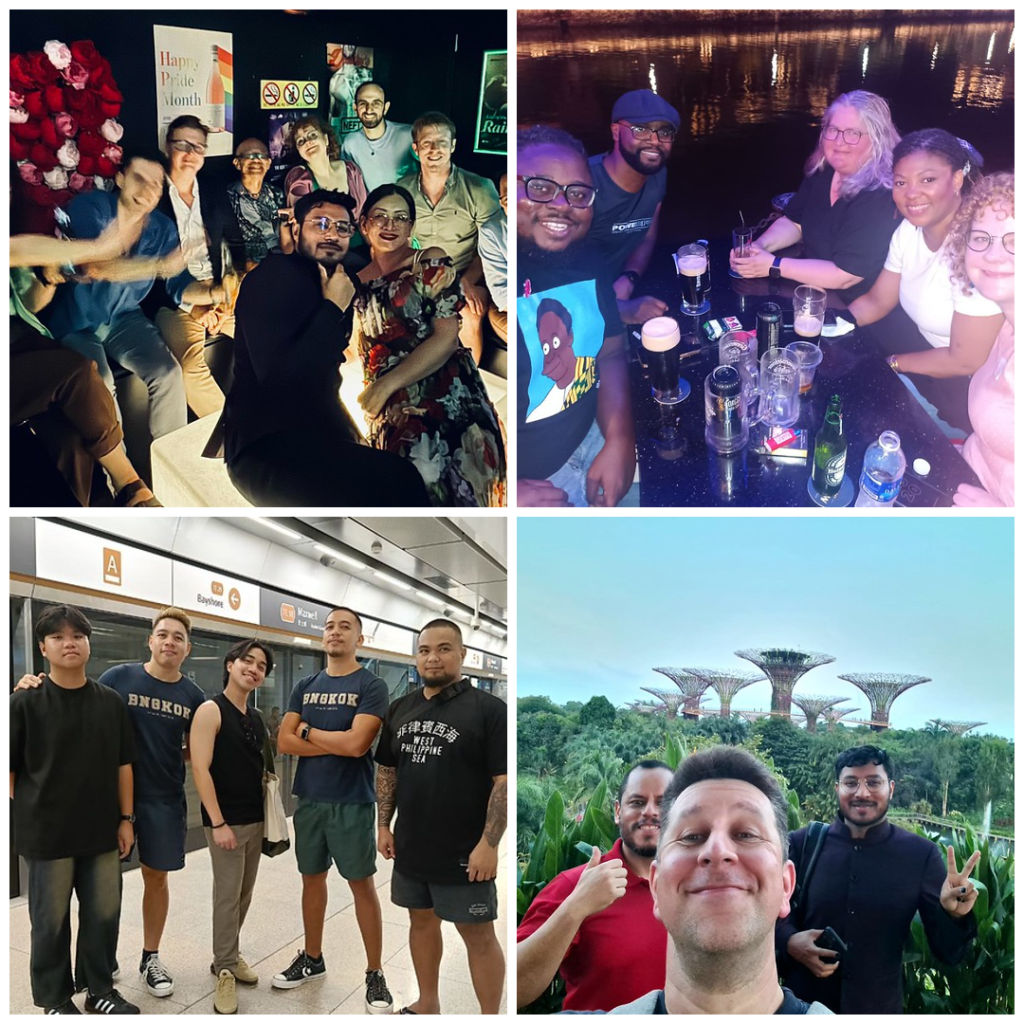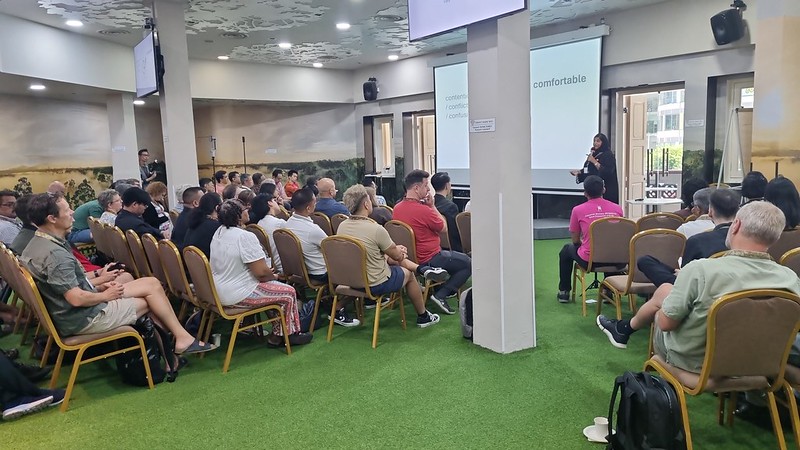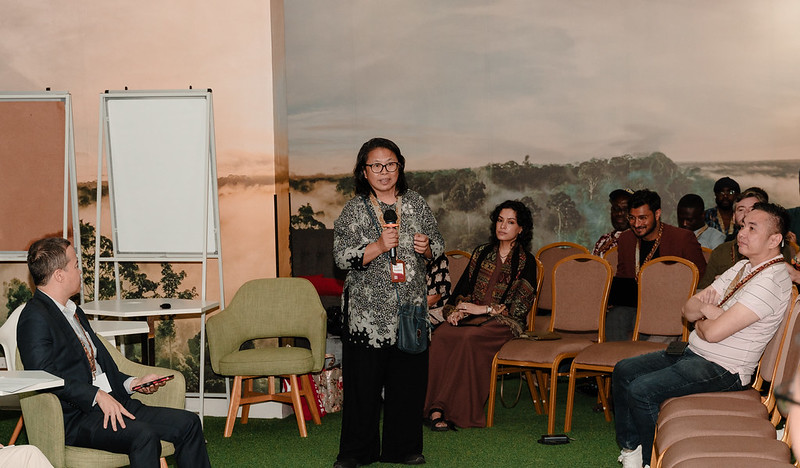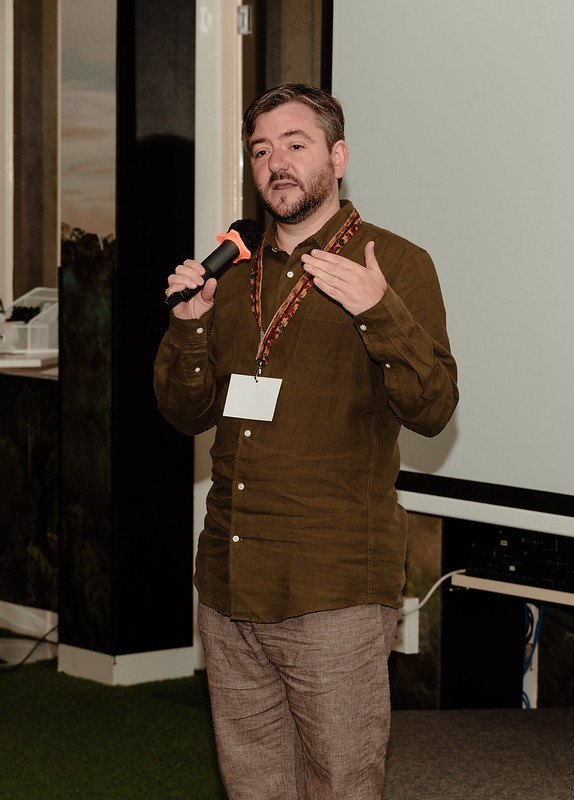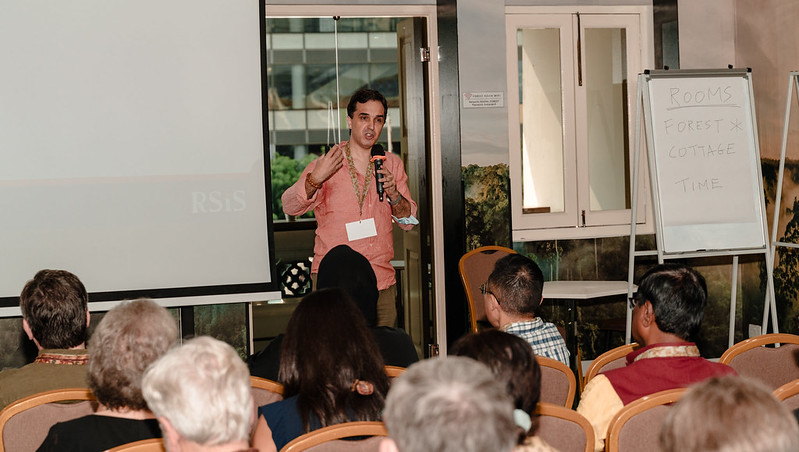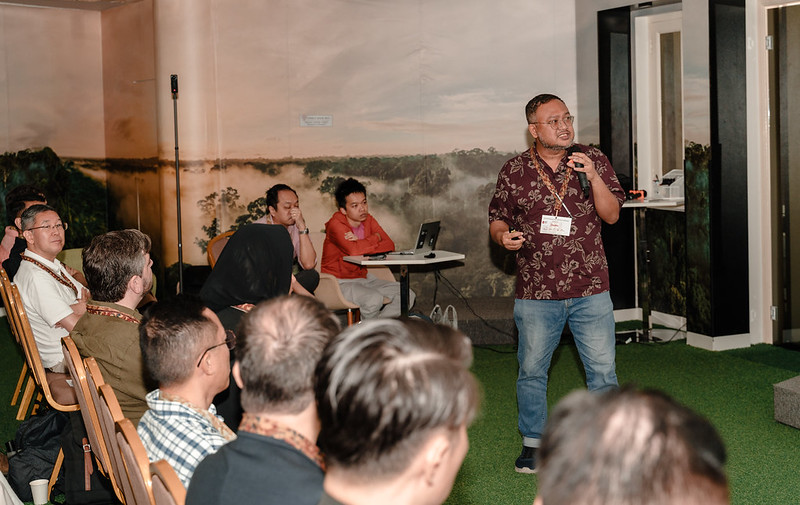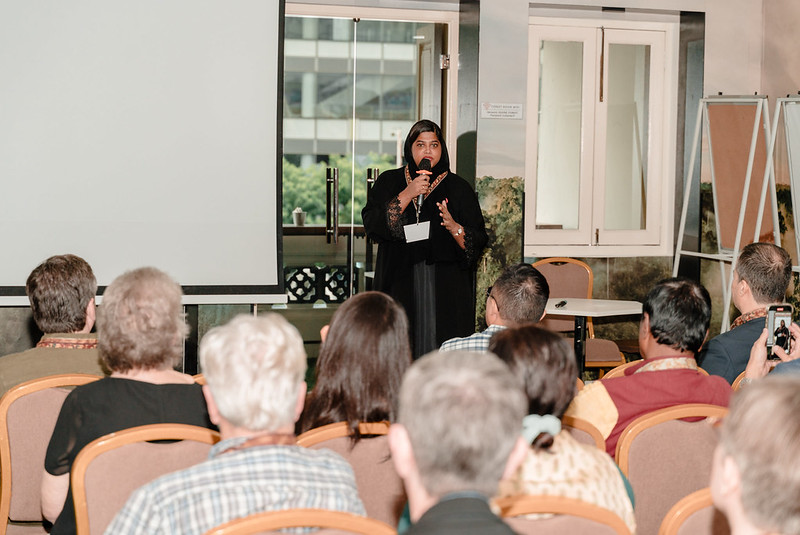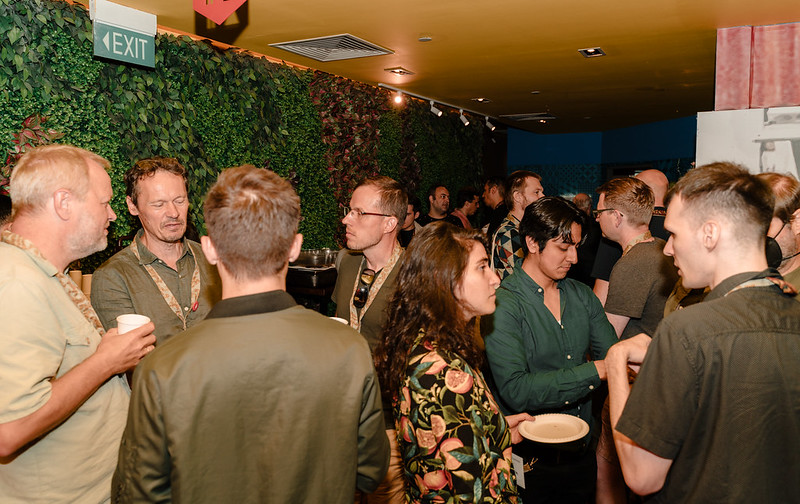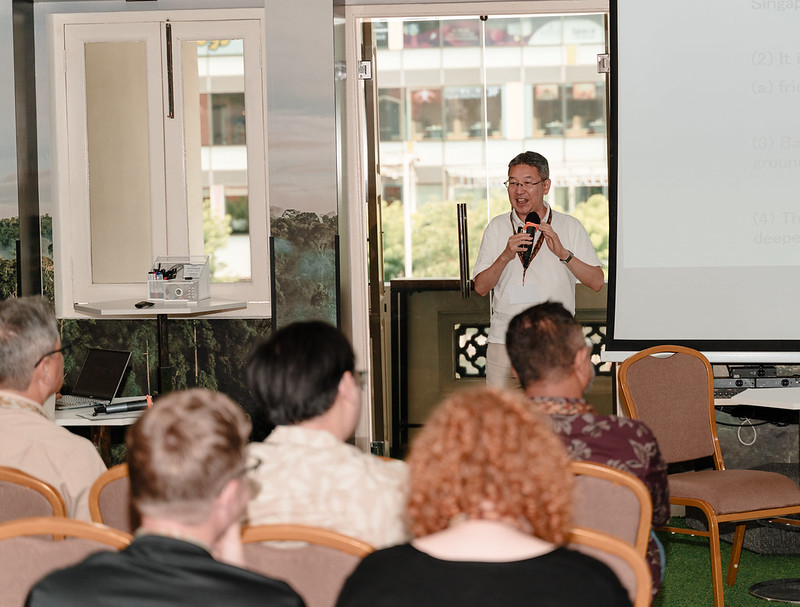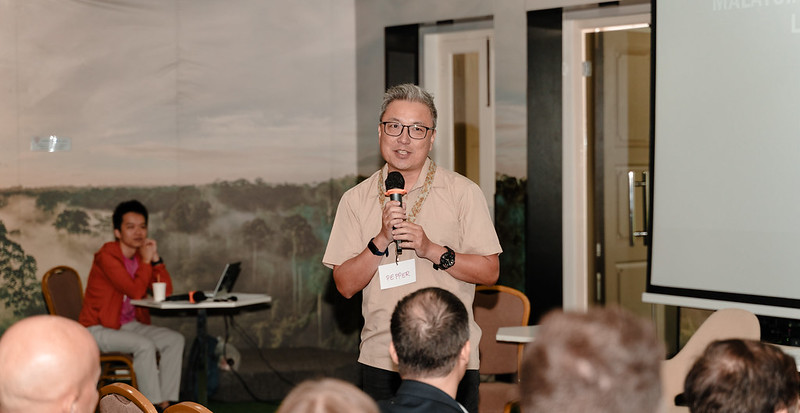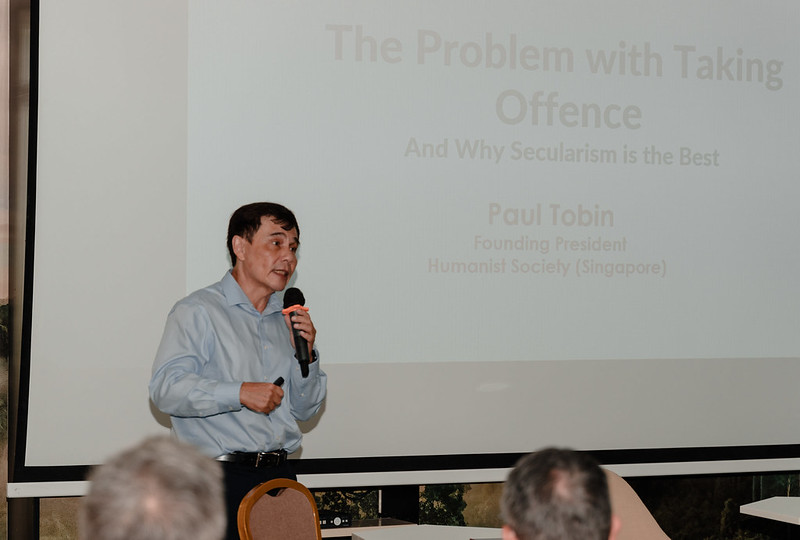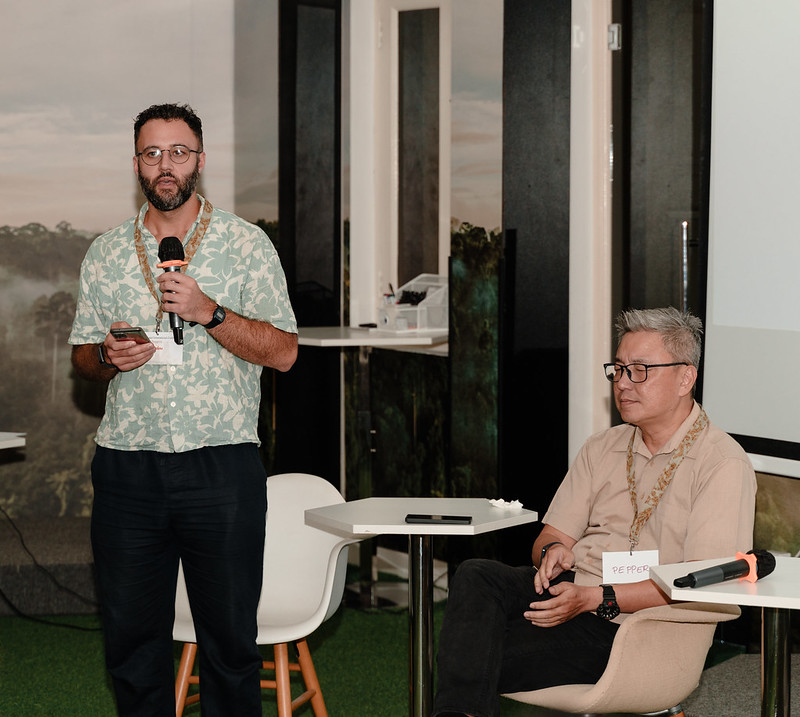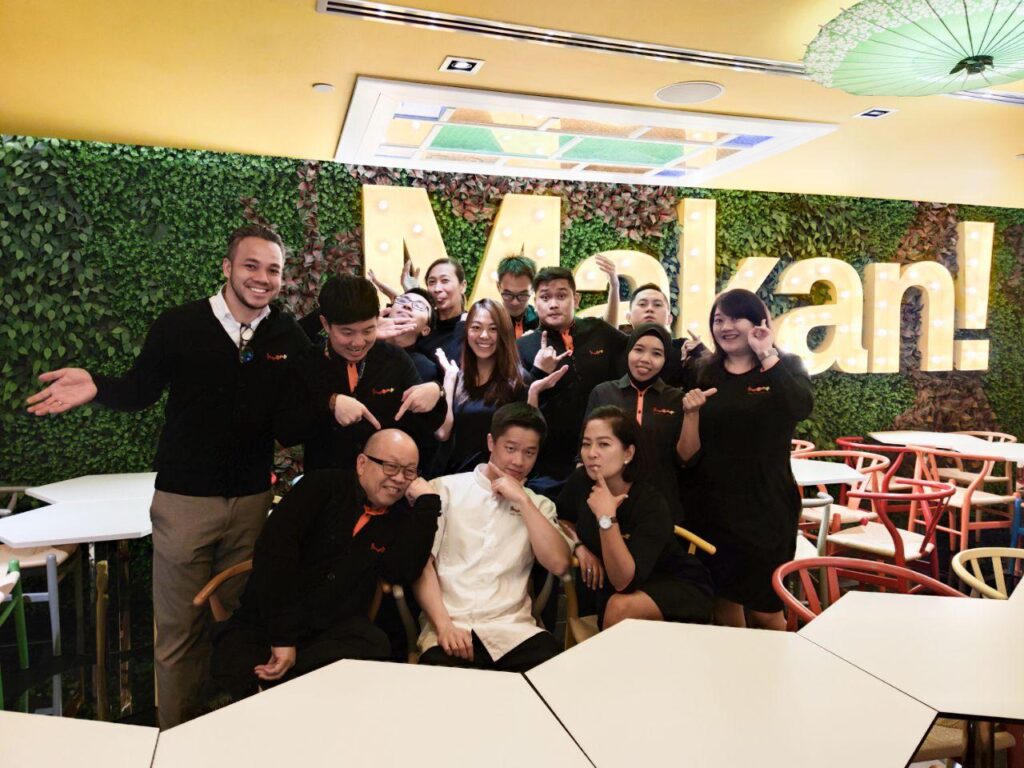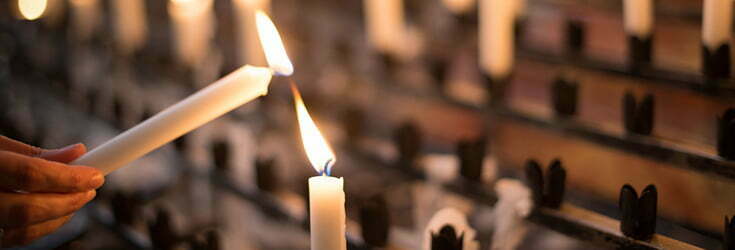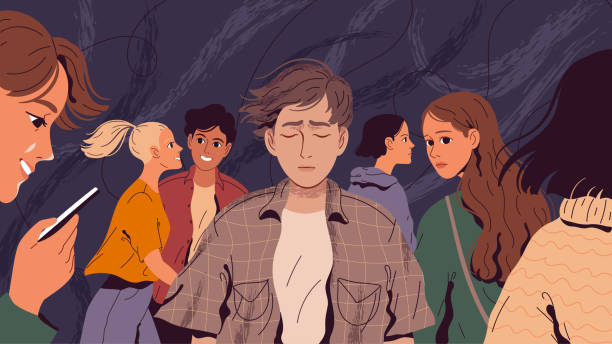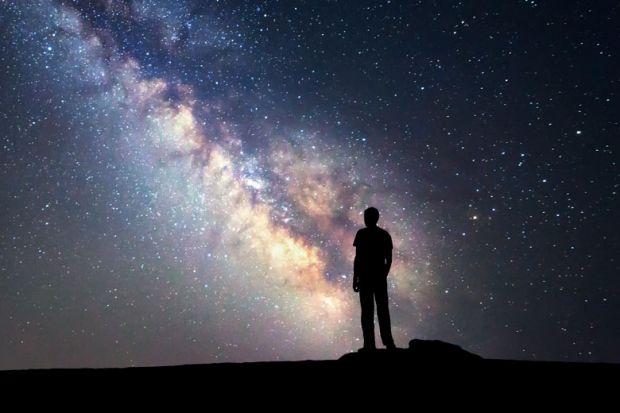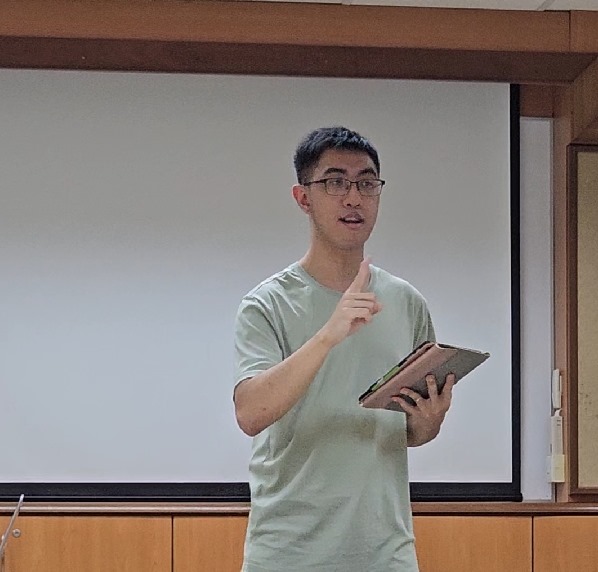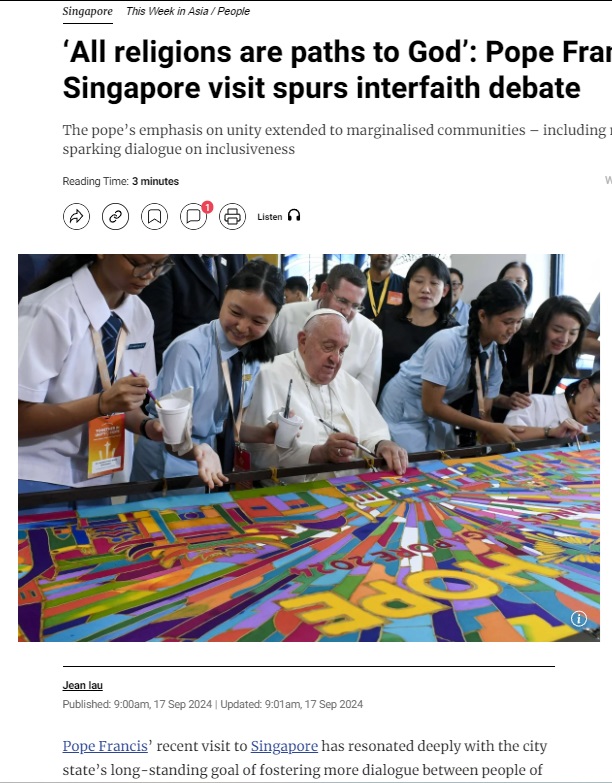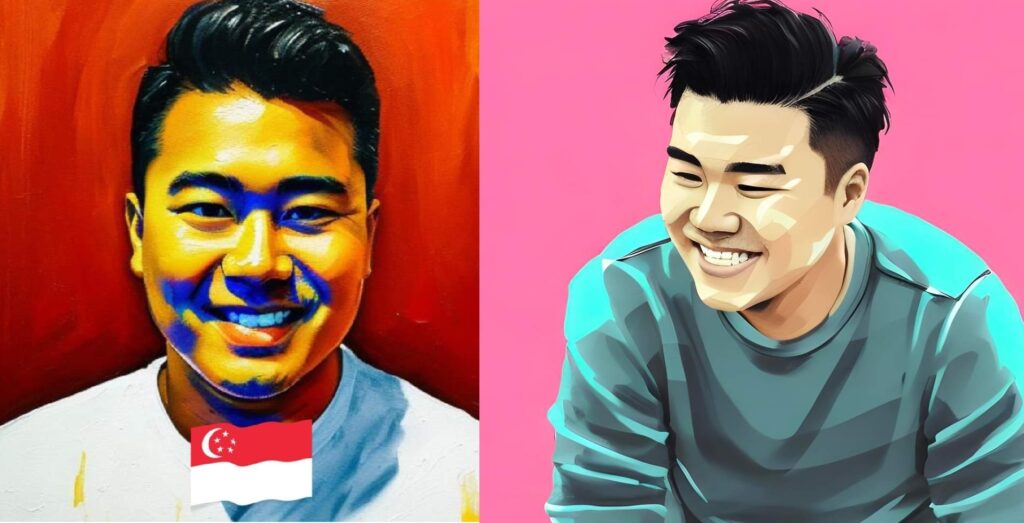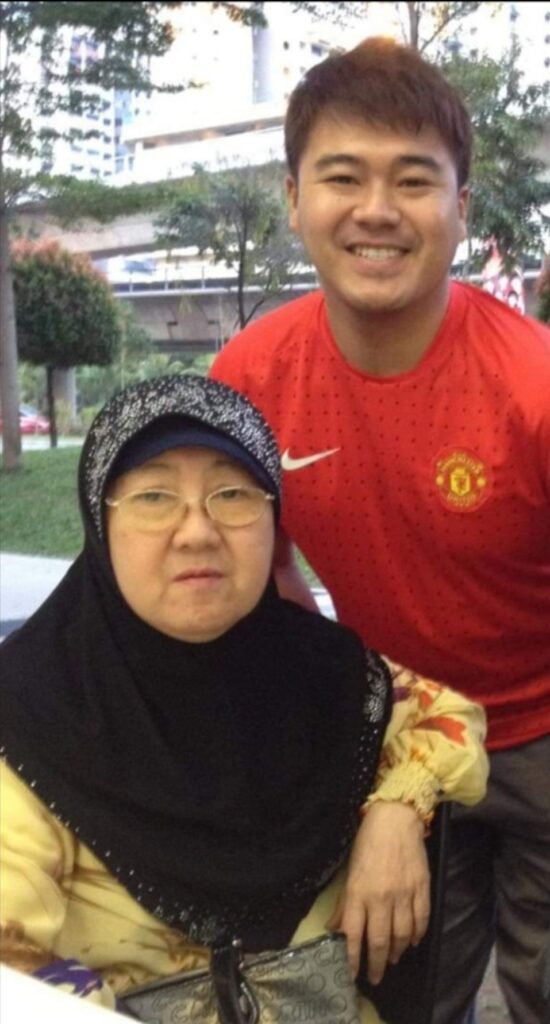[3 min read]
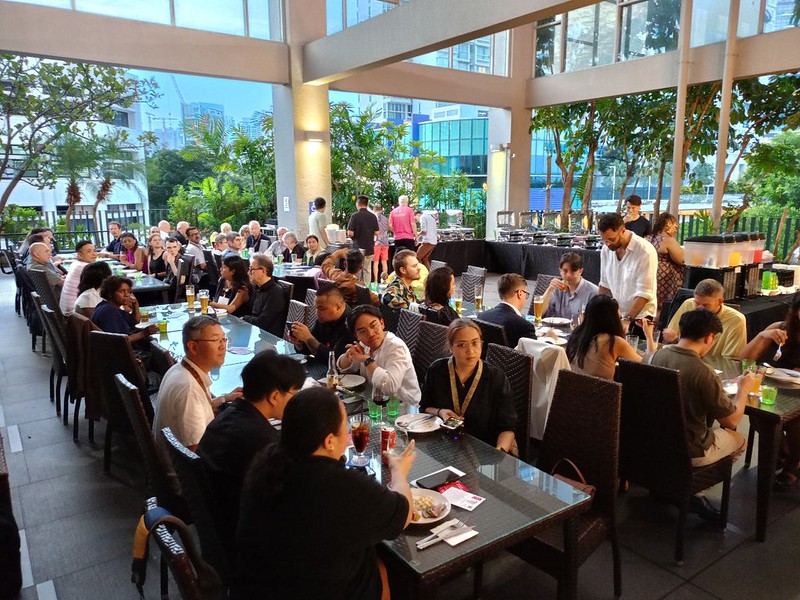
***
The International Humanist Conference 2024 was held from 30 Aug to 1 Sep 2024, including the Humanist International General Assembly on the final day. The theme for this year’s Conference is Secularism and Interfaith Harmony.
Singapore is the third Asian country to host a global Humanist event since the first World Humanist Congress began in 1952 in Amsterdam, Netherlands. In 1999, the World Humanist Congress was held in Mumbai, India. In 2015, the General Assembly was held in Manila, Philippines.
More than 100 participants from all around the world attended the conference, including about 80+ foreign delegates. This summary captures the tours, social night and dinner from 30-31 Aug.
(For summary of the main conference, read the summary here)
Tours on 30 August
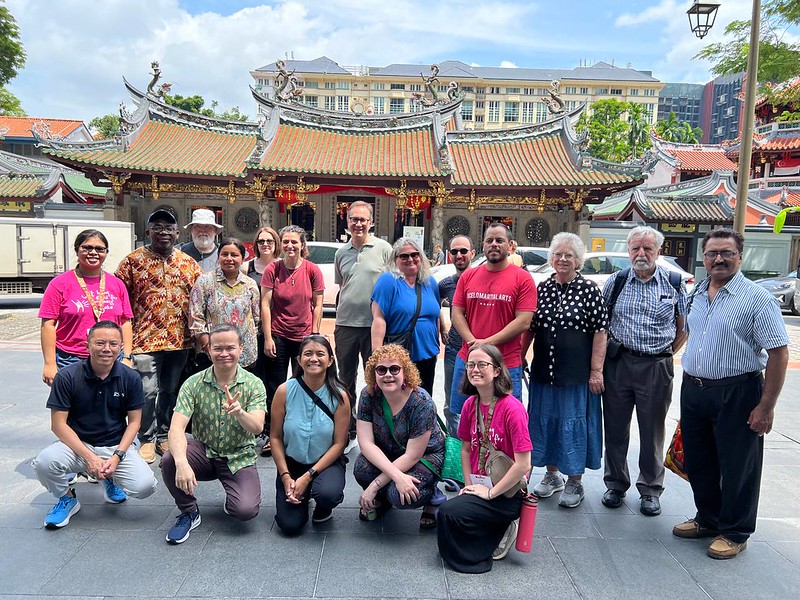
***
To kick off the IHC, three engaging tours were held. The first, the My River Valley Heritage Tour, organized by MyCommunity—a non-profit dedicated to preserving community stories—introduced participants to Singapore’s historic multiracial and multireligious sites, including the Former National Theatre, Sri Thendayuthapani Temple, Teochew Building, 38 Oxley Rd, Former Chung Cheng High School, and Hong San See Temple.
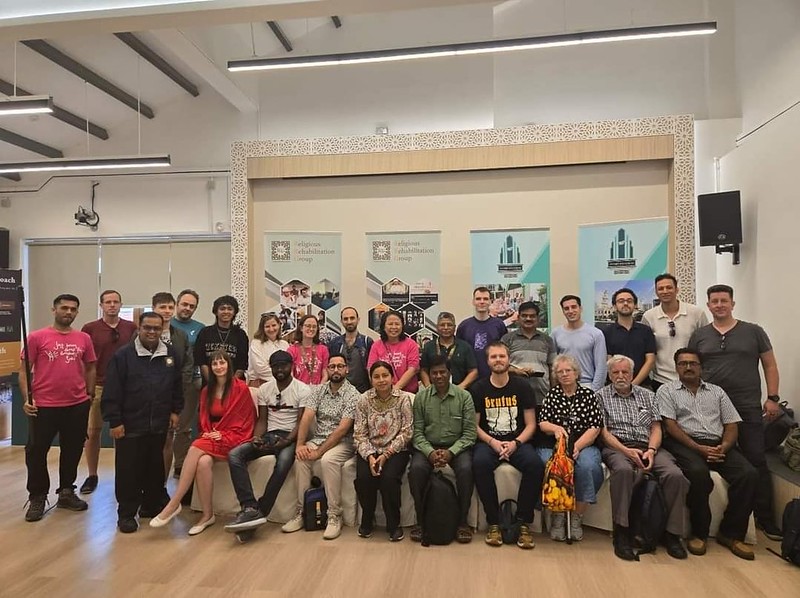
***
Next, delegates visited the Harmony in Diversity Gallery (HDG), established by the Ministry of Home Affairs with community partners to celebrate Singapore’s rich religious diversity.
The gallery features four sections: “Journey of Faith,” “Seeking What Is Common,” “Many Faiths,” and “One People.” The knowledgeable guides enhanced the experience, and delegates provided overwhelmingly positive feedback, finding the exhibits enlightening and insightful regarding Singapore’s approach to religious harmony. We extend our heartfelt thanks to Mr. James Low, Senior Consultant at the Ministry of Home Affairs, who warmly welcomed our delegates and joined our social night, enriching our event further.
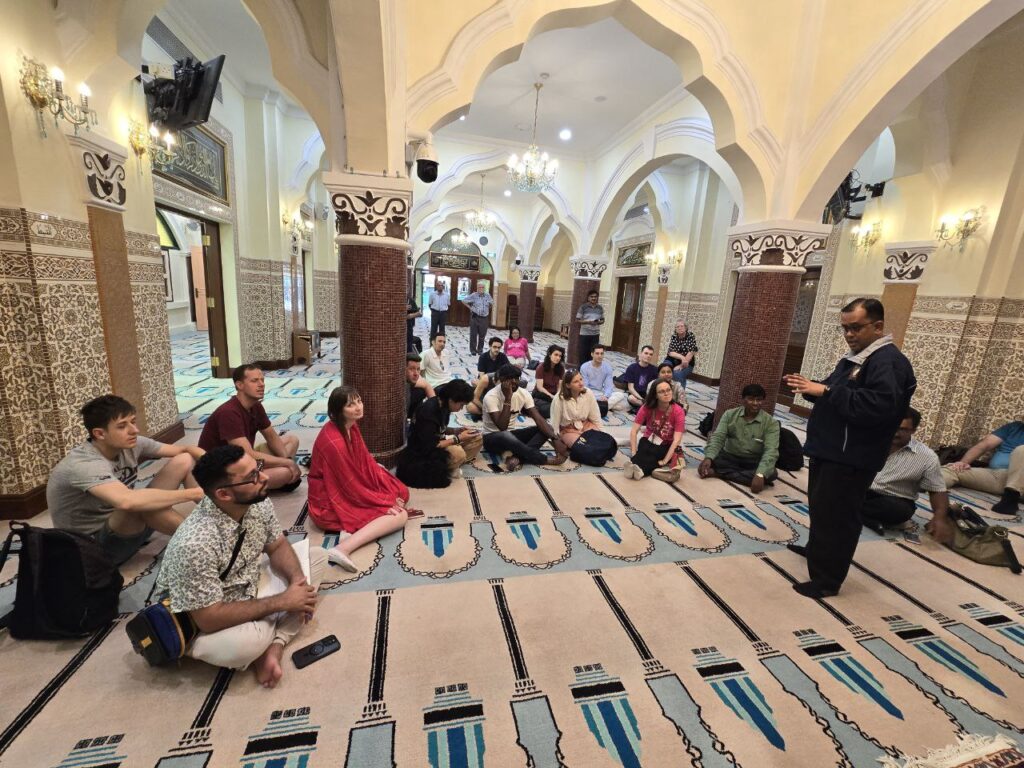
***
The final stop was the Religious Rehabilitation Group (RRG) Gallery. The RRG comprises voluntary Islamic scholars and teachers focused on counseling and rehabilitating radicalized individuals.
The gallery showcases their extensive efforts in this area, providing insights into community-led initiatives that prioritize compassion, education, and dialogue. For us humanists, understanding the role of religious and community leaders in building resilience against extremism is essential. The RRG’s commitment to restoring societal harmony aligns with our values of reason, ethics, and human dignity. We thank the RRG for an informative and engaging tour, which deepened our appreciation for the multifaceted approaches needed to foster peace in an increasingly complex world.
Social Night (30 Aug) and Dinner (31 Aug)
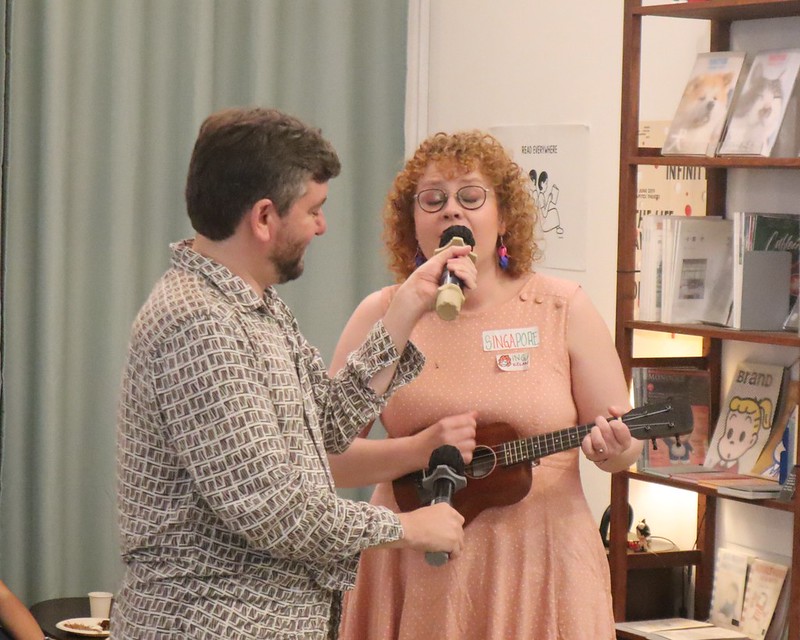
***
As the first day concluded, conference participants gathered in Bras Basah Room 2F for the Social Night—an evening filled with memorable performances and laughter. The organizers adopted an “open microphone” format, allowing anyone to share their stories.
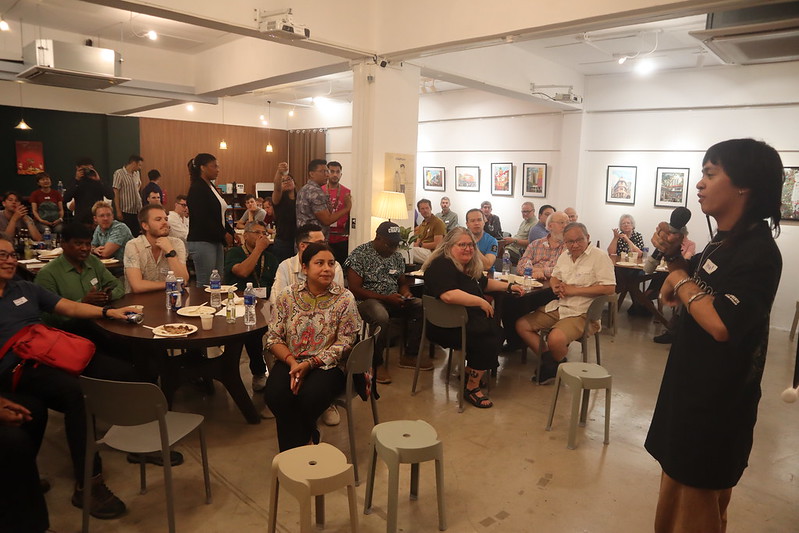
***
This led to spontaneous sharing from about 30-40 attendees, with informal musical performances included. Our President, Nora, delivered a heartfelt rendition of “Where Is It Written” by Barbra Streisand, contributing to the evening’s memorable atmosphere.
The Main Conference took place all day on 31 Aug. Afterward, delegates relaxed at the post-conference dinner held at Enchanted Gardens, a restaurant in Lavender.
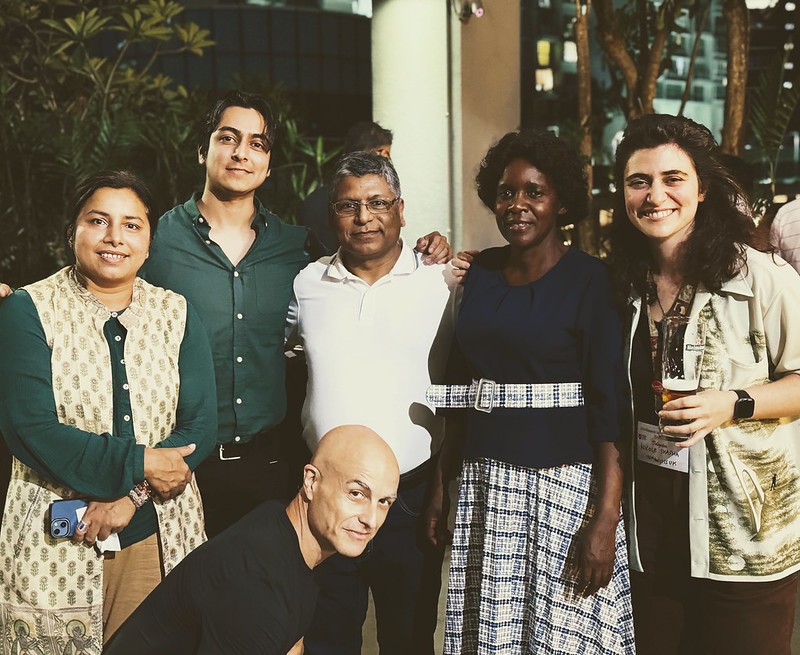
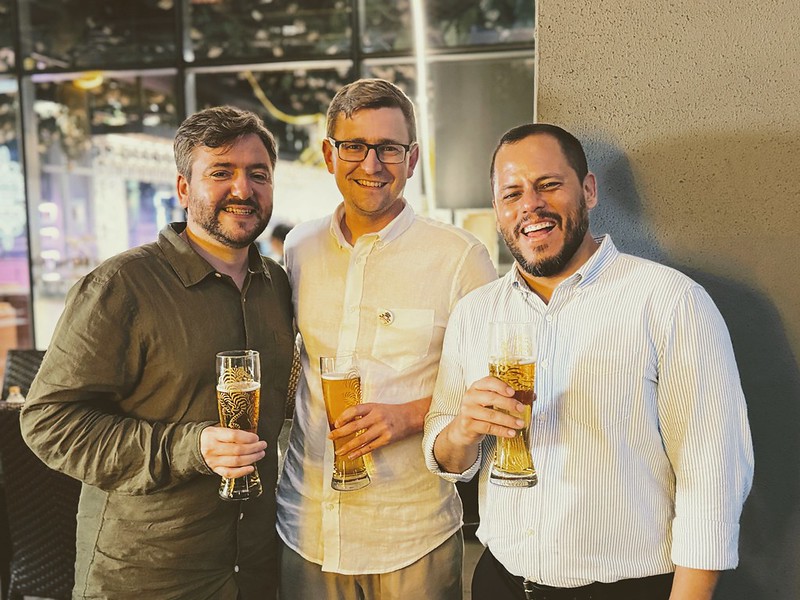
***
Delegates from around the globe, alongside local Singaporean Humanists, enjoyed mingling and a lively performance by a local Malay band, with delegates singing along joyfully.
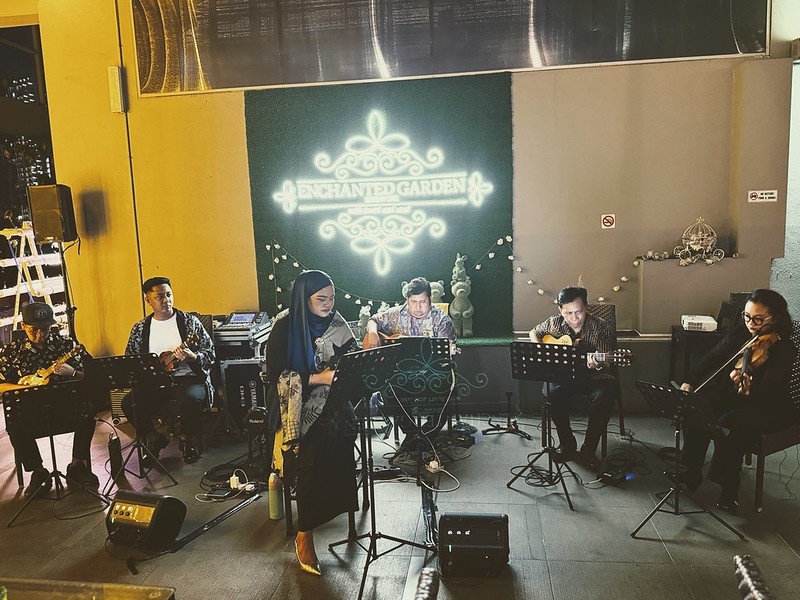
***
Awards were also presented to local volunteers and Humanists worldwide in recognition of their contributions.
Socialising beyond the IHC
Beyond the Conference, the delegates also took the opportunity to travel around Singapore and check out the various landmarks. Here are some photos!
